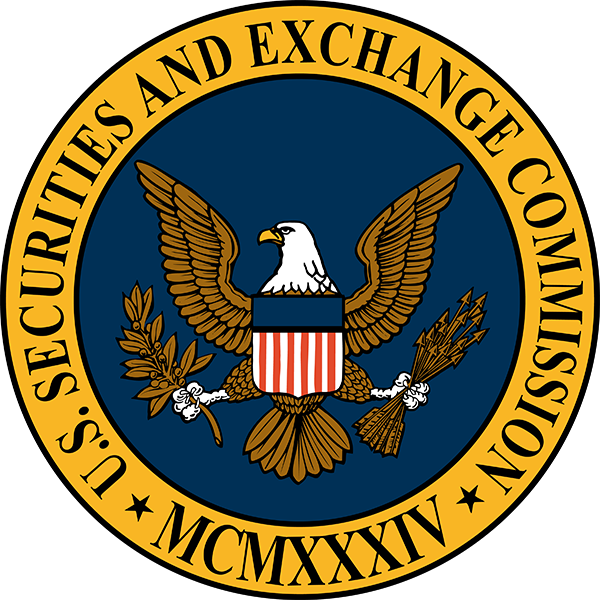The Informed Investor
Advice or Sales?

You should be glad you don’t work as a financial planner who believes in a fiduciary standard—who has pledged to work for the best interests of clients rather than yourself or the company you work for. Why? Because the big sales organizations on Wall Street have been trying to influence the organizations that make our rules.
Case in point is the Securities and Exchange Commission’s new Reg BI—aka Regulation Best Interest. The regulation was in part intended to help consumers recognize the difference between fiduciary advisors and salespeople who sell insurance, annuities, and other products.
Alas, I believe that Reg BI actually did little to stop salespeople from calling themselves professional advisors, and even recharacterized their asset gathering and sales activities, on behalf of their brokerage employers, as “best interest.” The result is that consumers have to be extra careful that they aren’t being sold products under the guise of advice.
Recently, the voice of state securities regulators, the North American Securities Administrators Association (NASAA), came out with some 2018 data that was designed to help them figure out how to regulate fiduciary advisors, on the one hand, and brokers, on the other, under the SEC’s new rules. The state regulators know a lot more about how brokers conduct themselves than most consumers, and for that reason their report is enlightening.
The NASAA organization sent out questionnaires to brokerage firm reps and advisors, and found that in 2018, brokerage firms were much more likely to sell complex and high-risk products than independent advisory firms.1
The new Reg BI initiative prohibited product-specific sales contests at wirehouses and brokerage firms, but still allowed sales contests, quotas or bonuses for overall sales activity—and the report found that 15% of brokerage firms utilized these overall sales contests in 2018. Fully 18% of the brokerage firms accepted third-party compensation from a product manufacturer on account of sales/advice to customers. NASAA found that such compensation was rare (2%) among independent advisory firms.
What I believe the most important thing to know is that the Reg BI initiative prohibited brokers and salespeople from calling themselves “advisors” or “advisers” without investment adviser representative licensure and supervision. The report found that nearly 40% of brokerage firms still allowed their representatives to call themselves “advisors” while working in a broker-dealer capacity, and 30% used alternative titles such as “wealth managers” or “financial consultants.”
The report noted that “investors seeking the highest standard of care will need to continue exercising caution in taking any securities professional title at face value, and may avoid confusion by simply asking their investment professionals whether or not they are receiving a fiduciary standard of care.”
1. Retrieved from https://www.nasaa.org/wp-content/uploads/2020/09/Reg-BI-Phase-1-Report.pdf

Learn more about David Bromelkamp
Hello! I’m Dave, the founder and chief executive officer of Allodium Investment Consultants, located in Minneapolis, MN. I am also the author of AdvisorSmart for the Individual Investor: Your Guide to Selecting a Financial Advisor to Get Better Financial Advice. I am dedicated to educating individual and institutional investors about financial planning and investing. When I’m not helping people make investment decisions, I enjoy traveling, hiking and spending time with my wife and family.
The information provided is for educational purposes only and is not intended to be, and should not be construed as, investment, legal or tax advice. Allodium makes no warranties with regard to the information or results obtained by its use and disclaim any liability arising out of your use of or reliance on the information. It should not be construed as an offer, solicitation or recommendation to make an investment. The information is subject to change and, although based upon information that Allodium considers reliable, is not guaranteed as to accuracy or completeness. Past performance is not a guarantee or a predictor of future results of either the indices or any particular investment.